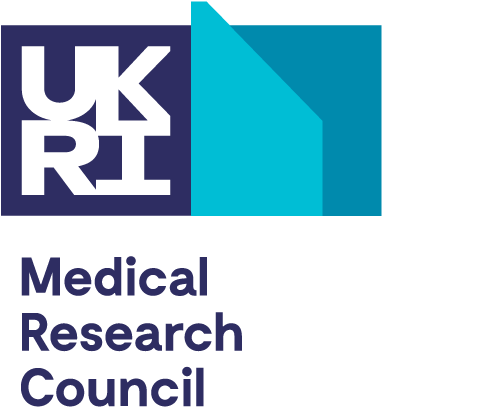Peer review is the cornerstone of the work of the Medical Research Council (MRC) as a funding organisation, and the time and effort that peer reviewers give to the MRC peer review process is invaluable in helping our research boards and panels make funding decisions. MRC is committed to the UKRI principles of assessment and decision making.
All proposals submitted to us are scrutinised by independent experts who consider the importance, scientific potential and cost-effectiveness of the research concerned.
We use a two-stage peer review process for grants and fellowships. In the first stage, we aim for three reviews for each proposal. More reviews may be sought for larger-scale, more complex or interdisciplinary proposals. Sometimes it may not be possible to obtain three external reviews due to pressures on the academic community. With the support of our expert board and panel members a funding decision will be taken if there is sufficient evidence.
The second stage is the MRC research board or panel’s assessment and funding decision. This usually involves two steps: a triage (sift or shortlisting) to select the most competitive proposals to go through to the next stage, and a meeting where the final funding decision is taken.
This guidance is aimed at peer reviewers taking part in the first stage of this process. Board and panel members will be provided with separate guidance.
A PDF of the complete Guidance for peer reviewers is available should you wish to work offline.
Information rights legislation
All information we hold, including information around peer review, is subject to the Data Protection Act and the Freedom of Information Act (FOIA). All requests to MRC under the DPA and FOIA are considered on a case-by-case basis and in some cases it might be necessary to seek your view on releasing information relating to the review you have provided.
Last updated: 16 February 2023


